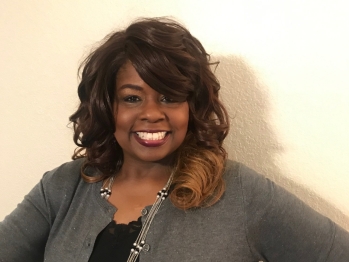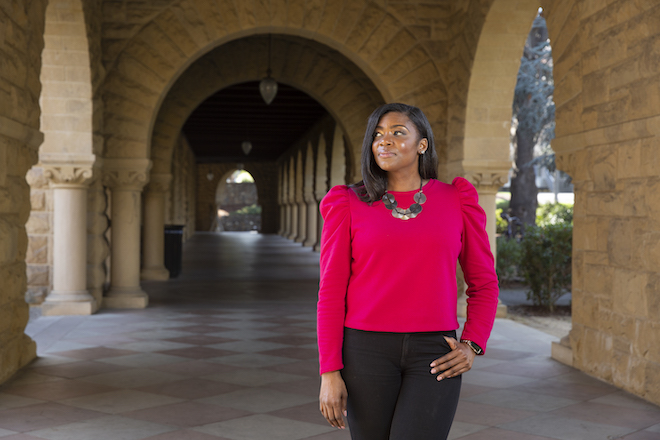
Mr. Willis Edwards
The first director of the Black Student Services Department was Mr. Willis Edwards, who later went on to establish the Beverley Hills chapter of the NAACP, serve as vice chair of the Image Awards, and work with the Minority AIDS Project.

Ms. Bobbie Rogers
The department was also supported by a Co-Director, Ms. Bobbie Rogers, who was primarily responsible for recruiting Black students throughout the Southern California area.

Dr. Pamela Porter
In the early 1980s, the department’s name was changed to the Department of Black Student Services and led by the leadership of Dr. Pamela Porter, who championed the department’s oldest program, the HBCU Exchange Program. In addition, the department offered forums and programs like the Faculty/Student Brown Bag Series, which explored ideas, advised and assisted students, and brought faculty together with students.
In 1997, the department went under another name change to the Center for Black Cultural and Student Affairs (CBCSA).

Dr. Corliss Bennett
In 1999, Dr. Corliss Bennett became the Director of the department and implemented and/or supported several new programs based on the creativity and feedback from students, including African American Cultural Celebration, Annual Soul Food Dinner during Trojan Parent Weekend, and Black Welcome Week.

Dr. Rosalind Conerly
Dr. Rosalind Conerly, is the immediate past Director of the USC Center for Black Cultural and Student Affairs.
In 2017, new leadership stepped into the roles of Director and Assistant Director of the CBCSA – marking not only a new focus on both programming and research, but also celebrating 40 years of advocacy, impact, and collaboration at USC.
Her interests included working with students of color to assist with their professional, identity and personal development as well as increasing the retention of underrepresented and first-generation college students.
Her research is focused on the experiences of scholar practitioners that oversee cultural centers at predominantly white institutions.
